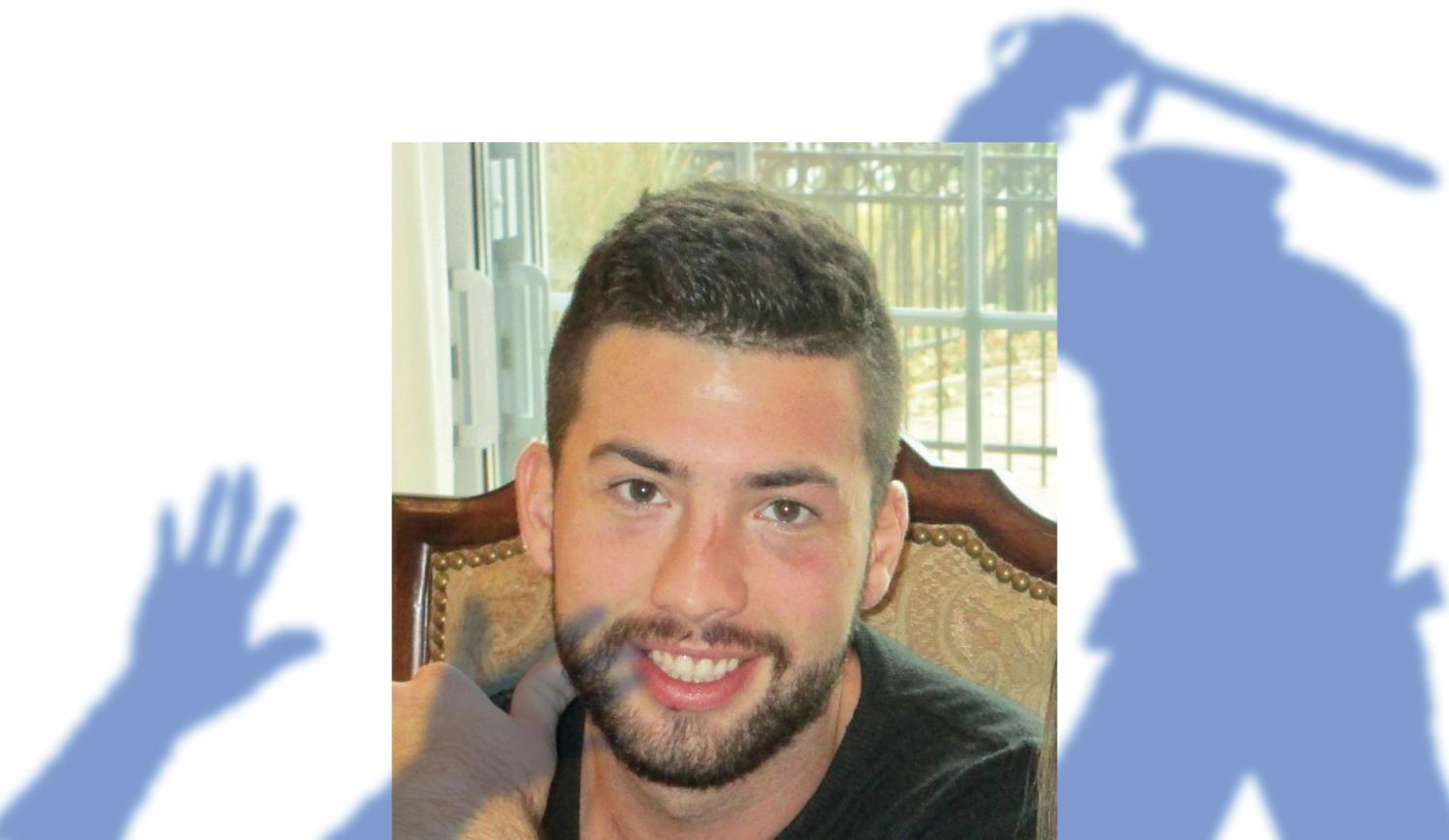Ombudsman Calls For Less Force in Police Training
Paul Dubé, Ontario’s ombudsman, opened his press conference yesterday by stating that the way police are trained to handle the mentally ill and people in crisis should no longer be a matter of academic debate; rather it is quite literally a matter of life and death.
A Matter of Life and Death is the title of the Ombudsman’s latest report, which was sparked three years ago by the fatal police shooting of Sammy Yatim.
Yatim, 18, was on a streetcar late at night in Toronto holding a knife, brandishing it erratically, apparently mentally unstable. While confronting the lone Yatim on the streetcar with several other officers, Toronto Police Const. James Forcillo shot Yatim nine times after telling him to drop his weapon. Forcillo was eventually charged with second-degree murder and attempted murder, and convicted of the latter.
Public outcry was loud and fierce, especially since the incident was caught on videotape. This event, and similar fatal police shootings of mentally ill people have lead to an overall investigation of Ontario’s police training policies. According to the report, these policies need an outright overhaul.
“When facing a person armed with a knife, they are taught to pull their guns and loudly command the person to drop it. Although that tactic might prove effective with rational people, a person waving a weapon at armed police is irrational by definition. Too often, the command only escalates the situation. It can exacerbate the mental state of a person who is already irrational and in a state of crisis. And once police have drawn their guns, using them is often the only tactic they have left.”
That’s an excerpt from the Dubé’s report. It goes on to discuss that Ontario police training is heavily weighted towards use of force, which in turn means gun use, instead of relying on de-escalation techniques. The Ombudsman suggests that in the right circumstances, de-escalation could save the lives of the people the police are trying to detain.
According to the report, there have been more than 40 fatal police shootings involving people with mental illness since 2000. They blame this on poor and imbalanced training, saying that Ontario police get just 12 weeks of basic training, which is less than any other province in the country. Within this training, the officers only go through five 90-minute sessions of de-escalation training.
They then have a pass/fail test that is mostly about using force rather than their de-escalation techniques. Police must also undergo annual requalification in firearm and baton training, but that there is no such refresher on de-escalation. That means that throughout a police officer’s career, which could last decades, the Ministry of Community Safety and Correctional Services only delivers seven and a half hours of training in de-escalation.
The report also mentions police culture as a major fault in this issue, stating that in some circles, the idea of fatally shooting those with a mental illness is inevitable. The ombudsman stressed that it was not police they were critiquing, but the government’s training of police.
https://www.youtube.com/watch?v=JenoiihGZWI
The report lays out 22 recommendations for how to improve police training; here are a few examples:
- The Ministry of Community Safety and Correctional Services should institute a new use of force model that is easy to understand and clearly identifies de-escalation options, rather than just use of force options.
- The Ministry of Community Safety and Correctional Services should offer more guidance for recruits and in-service officers on the use of the police challenge, including when the police challenge has not been successful in de-escalating a situation and when, so long as safety and tactical considerations permit, to use de-escalation techniques. This guidance should be incorporated into a de-escalation regulation.
- The Ministry of Community Safety and Correctional Services should use the expanded Ontario Police College curriculum to offer more training on mental illness, and strategies to de-escalate situations involving persons in crisis.
Not only does the report offer recommendations, it emphasizes the human toll of the type of police training that values force over de-escalation and management of the situation. The report has in depth accounts of the deaths of each of the following: Lester Donaldson – Toronto, 1988; Edmond Yu – Toronto, 1997; Otto Vass – Toronto, 2000; O’Brien Christopher-Reid – Toronto, 2004; Byron Richard Debassige – Toronto, 2008; Douglas Minty and Levi Schaeffer – OPP, 2009; Aron Firman – OPP, 2010; Evan Jones – Brantford, 2010; Steven Mesic – Hamilton, 2013; Michael Eligon, Jr. – Toronto, 2012.
Each one of these victims was either noticeably mentally ill or at a time in crisis. None were wielding a gun, and they all died due to police shooting.
The new minister of community and safety David Orazietti told the press that he was absolutely committed to having de-escalation written into the reevaluation of the Police Services Act, the legislation that manages police in Ontario.
“I recognize that things need to change,” Orazietti said.
But as the ombudsman report states, there has been a lot of talk, a lot of study, and not enough action, maybe this will be the year that that begins to change.









